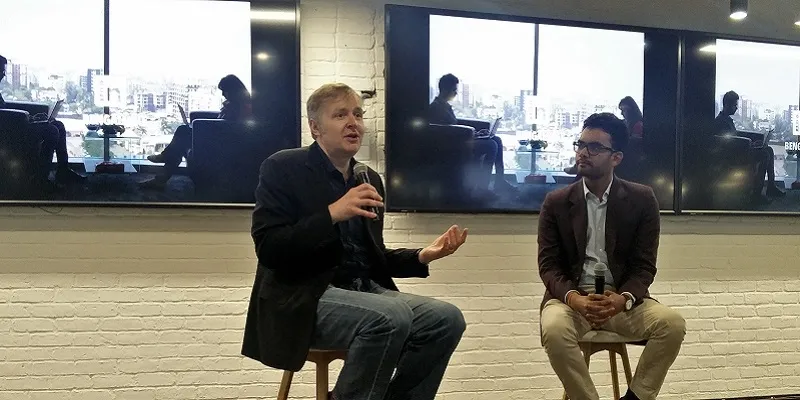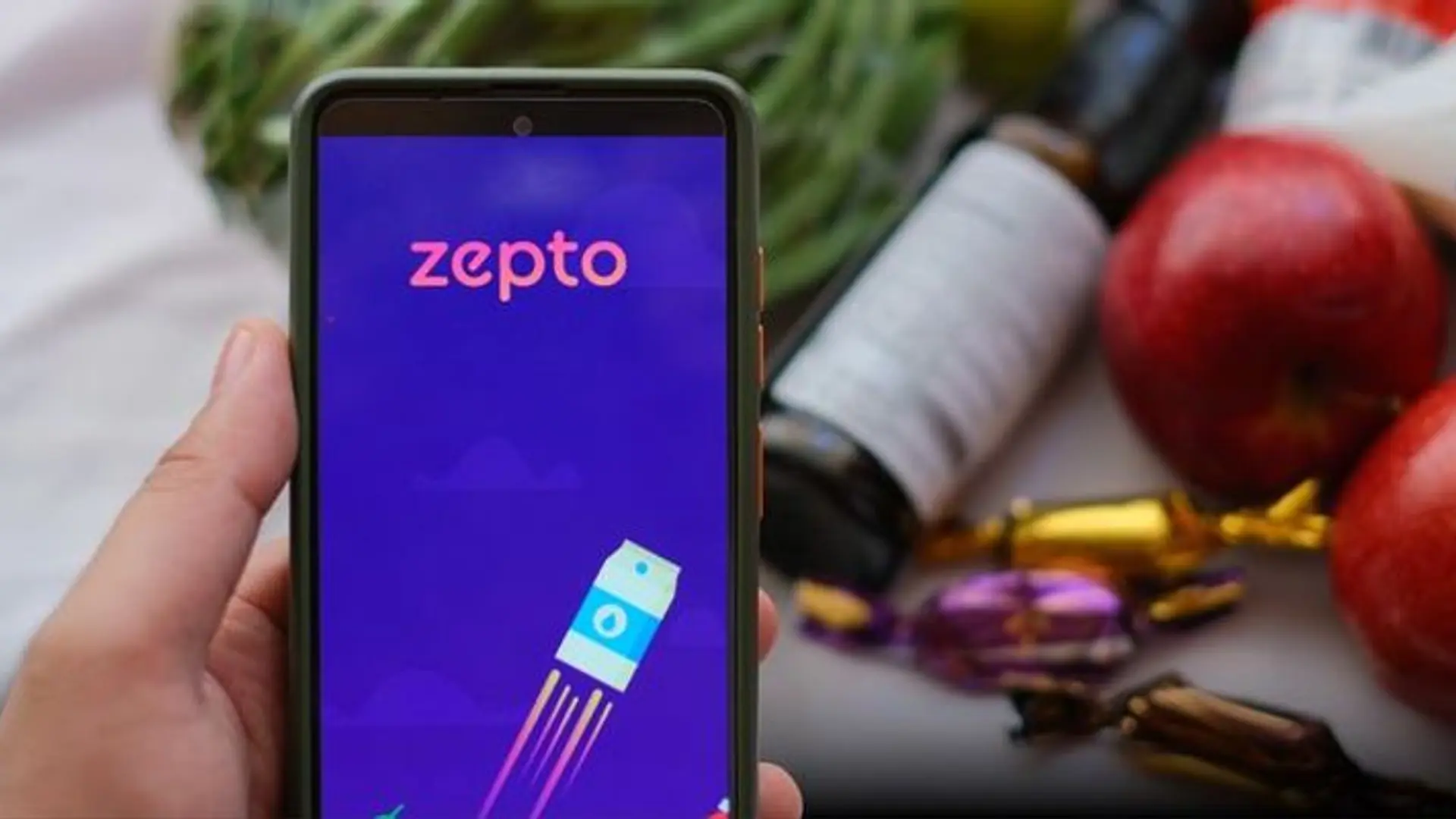LinkedIn Co-founder Allen Blue on failed startups, building relationships, investments and growth
“It is a very different world today. Internet is making people powerful. When we built LinkedIn it cost us more and took us more time. Today, the cost of starting up has drastically reduced, along with the time taken,” said Allen Blue, Co-founder, LinkedIn, who had come to the new LinkedIn Developmental Centre launch. In 1998, Allen had started with Socialnet.com, one of the early social networking sites, and also worked as a web designer before co-founding LinkedIn.
Taking into account the burgeoning startup scene in Bengaluru, and the number of entrepreneurs the city hosts, Allen believed that there are several startup opportunities that the ecosystem can offer. Most companies that are a part of consumer Internet the basic play and devices are the same. Allen added that it is important to start early, learn fast and make sure you have an idea of how you are going to make money, so that as you grow you have enough buffer and space. Build something sustainable.
He advised,
It is very important to build relationships and not burn bridges. Chances are the first company that you are working on isn’t going to work out. That’s just the way it is. This is my third startup. So when you learn from your past mistakes and come back stronger, the relationships you form in your career are going to help you grow and build opportunities for you.
Once Bengaluru becomes mature, Allen added that the collaborative experience of different entrepreneurs and their relationships is going to make the city a force to be reckoned with.

What makes a startup attractive?
He then delved into how culture plays an important role in the workplace. The culture and values that one creates in a startup will make or break the organisation and take it through tough times. In 2009, LinkedIn had 350 employees. While the team knew what they stood for and what their culture was, Jeff Weiner, who had joined in as CEO, decided to embark on a six-month project of writing down and stating the culture and purpose of LinkedIn.
When the team is being built up, and the company is on a high growth trajectory, Allen suggested that startups should make the effort to write down the culture and values of the organisation. “When Jeff started this exercise, it felt as if it wasn’t very important but today, we find it invaluable,” he said, adding that it is this very purpose and culture that the team is looking to bring to the Bengaluru LinkedIn office.
“We are working on pieces. Referrals, lookup, collaborate and also investing in huge portfolio of things. We are also curating content and information is key,” said Akshay Kothari, Country Head and Product Head, LinkedIn India, adding that the exercise was about empowering people with economic power. While LinkedIn, like other companies coming into India, will be customising its services to suit Indian needs, the customs and values at its core would remain the same, he said.
Allen adds that while the flavours are different, and they should feel different as that is the nature of the platform.
Open to investing in startups
LinkedIn last year acquired Lynda the online learning platform for $1.5 billion. So are they looking at further such acquisitions, investments or strategic relationships with startups in India?
We are always looking for partners to work with. We keep an eye out for startups who are doing things that can add value to our customers. We are not aggressively looking for players in the market but are open to investing in startups,” Allen said.
LinkedIn is yet to penetrate India like how it has been able to in the US, but with the acceleration in the market, the team is seeing a growth in their advertising businesses. “But we believe a little localisation for the India market, like pricing change, language and speed will help break into the market,” added Akshay.
Working on security
In the past couple of weeks, LinkedIn has been facing flak for the security breaches and hacks on its website. Allen explained, “Back in 2012, we had a big security breach and we realised the ramifications of the same were high. We took every step to ensure that we get top-of-the-line security systems in place, and we contacted every single member of the platform. Now it would seem that people are taking advantage of the security system that was built four years ago, so we are working on being able to provide top-of-the-line security.







